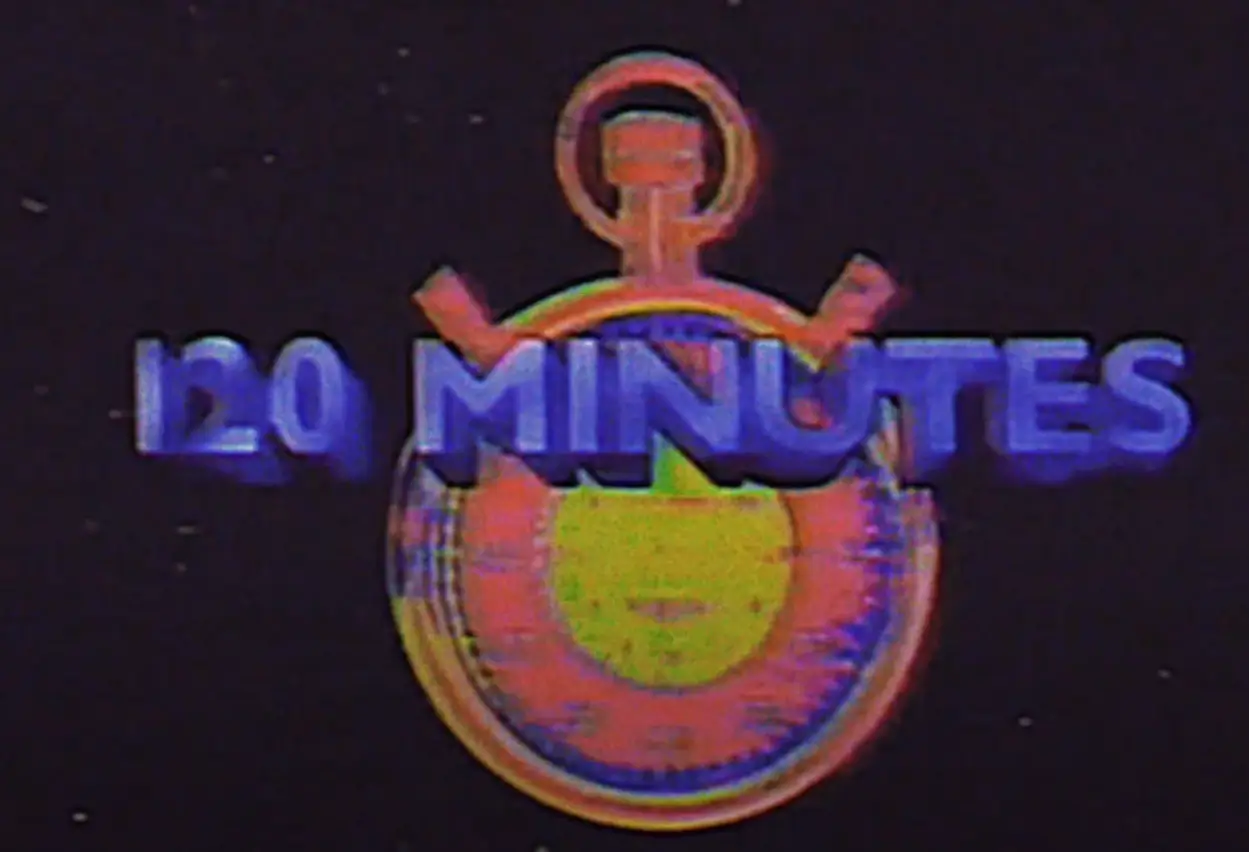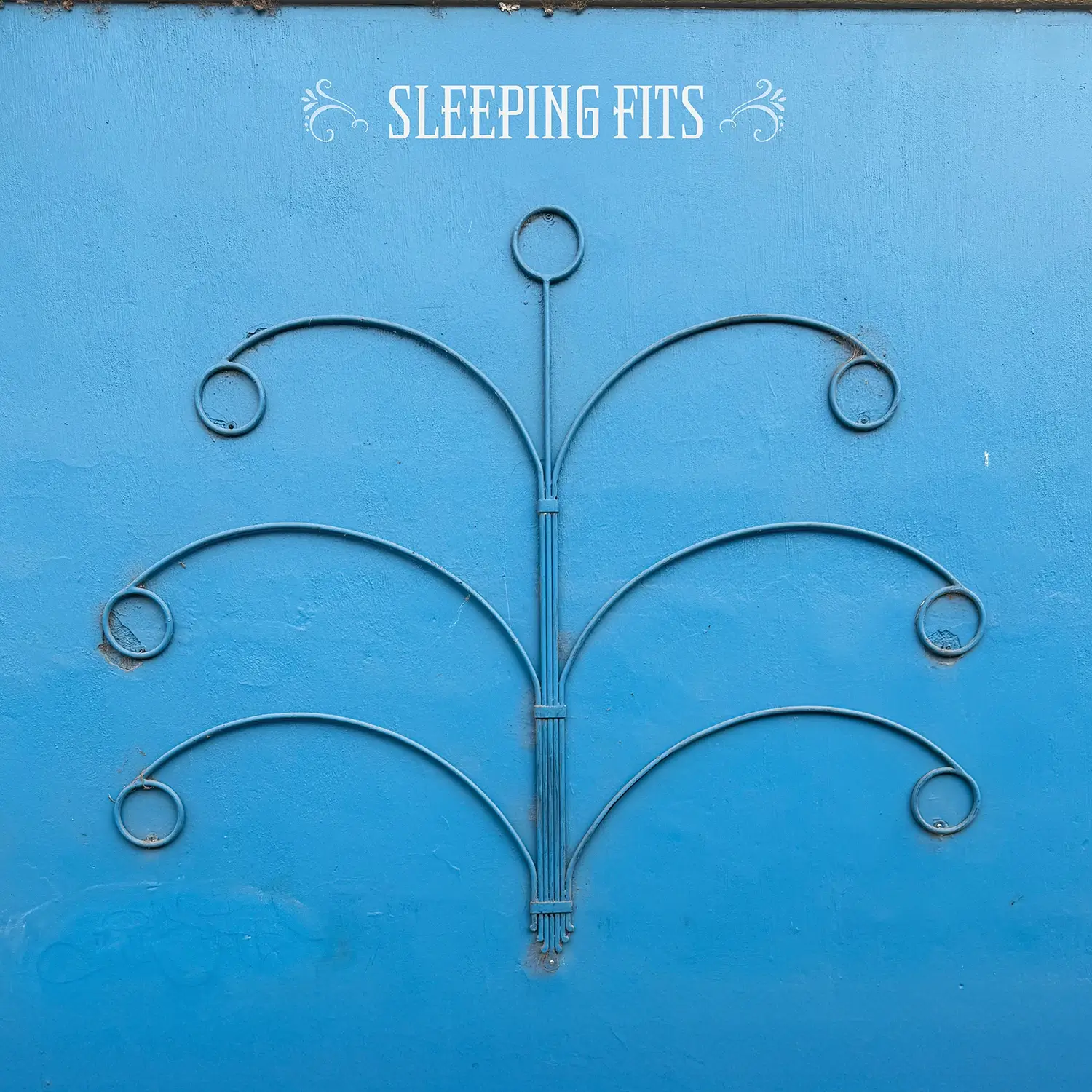Some records take months. Others take years. Kill Me Kate took fifteen. The band’s long-gestating self-titled debut isn’t a revival or a reunion; it’s more like a resurrection of sorts. A raw, emotional, and unflinching punk record, it’s built from blistering riffs, bruised honesty, and the kind of persistence that only comes from heartbreak and unfinished business. This is the sound of four people crawling back from the wreckage; not to relive the past, but to make peace with it.
Kill Me Kate didn’t begin as a grand plan; more like an accident that stuck. Ralph Puma and Tom Moretti had played together since high school in a band called Remember Venice, one of those teenage projects that burns fast and fades faster once college hits. When RV dissolved, Tom wasn’t done. He introduced Ralph to drummer Danny Figueroa, his bandmate from the metal outfit Cimmerii, and the chemistry was instant. They bonded over punk, film, and rare creative shorthands.

After a few chaotic parties and half-serious rehearsals, the trio became Palantine. Then Danny posted a Craigslist ad for a guitarist, and Marcus Lindberg answered; a Swedish virtuoso who could make his guitar weep one moment and shred the next. Their first rehearsal sealed the deal. Ralph showed up hungover and half-asleep; Marcus literally shook him awake, and somehow that messy introduction set the tone for everything that followed: chaotic, unfiltered, alive.
They recorded Kill Me Kate at Lightning Boy Audio in Buffalo, New York, with producer Mike Congilolsi of Cimmerii. It was a blur of caffeine, distortion, and creative mania; long nights chasing the perfect take. Ralph returned solo on a Megabus to finish his vocals, and in a haze of exhaustion, he and Mike accidentally wrote what became the album’s opening track.
Then life intervened. Deaths, heartbreaks, a mugging and the kind of silence that swallows a band whole. Ralph and Danny, once inseparable, drifted apart under the weight of everything unsaid. Kill Me Kate died the quiet way bands do; not with a breakup, but with exhaustion.
Years later, Ralph reached out. The friendship was scarred but intact. With producer Anthony Bilancia of Small Room Studio, they dug through the old recordings, hoping to save what was left. What emerged wasn’t a rescue; it was a rebirth. Bilancia remixed and reshaped the sessions remotely as the band reassembled from across states and continents. Against all odds, Kill Me Kate lived again; older, rougher, but still pulsing with the same messy heart that started it all.
So what does fifteen years of frustration, friendship, and unfinished emotion sound like? Kill Me Kate sounds like catharsis; loud, cracked, and deeply alive.
The album opens with “Kill Me, Kate,” a furious, melodic intro that feels like something Nouvelle Story or Yorushika might make if they grew up on basement punk. Its clean guitar arpeggios bloom into distortion; part confession, part combustion, setting the emotional tone for everything that follows.
“My Name Is Horace” channels the jagged energy of early Fall Out Boy. Think Take This to Your Grave with better production and worse sleep schedules. It’s punchy, witty, and deceptively intricate, packing more hooks into two and a half minutes than most pop-punk albums manage in a tracklist. On “I’m Not a Shoulder, She’s Catching On,” the band leans into melodic melancholy. The chord progression may nod to Girls Just Wanna Have Fun, but the vibe is pure Joyce Manor: urgent, sloppy, and devastatingly sincere. It’s the kind of song that sounds like it’s being performed by people who need to get it out of their system before it eats them alive.
Then comes “If Those Weasels Get Their Hands on Us, We’re as Good as Dipped,” a lost Green Day anthem in all but name. The song’s driving rhythm and sardonic title feel straight out of the Insomniac era, but Ralph’s vocal grit gives it a weight Billie Joe Armstrong never quite touches. “I’ve Got Six Friends, and They Can All Run Faster Than You” pushes into more experimental territory of something Pinkerton-era Weezer colliding with post-rock grandeur. It’s massive and messy in all the right ways, a love letter to the kind of emo that sounds like it’s crumbling under the weight of its own heart.
“Ezekiel 25:17” borrows its name (and menace) from Pulp Fiction’s famous speech, but reimagines it through snarling grunge guitars and punk fury. If Hole ever tried their hand at pop-punk, it might sound like this; righteous, ragged, and weirdly spiritual.
“Everyone Has Their Cross to Bear, Mine Is Your Daughter” is the emotional mellowing point; an alt-rock dirge that channels American Football’s post-rock patience. It’s a song about acceptance, not absolution, and it hurts in the way old letters do. Finally, “It’s Like Turning Air Into Gold” closes the album with devastating clarity. Imagine The Wonder Years at their most existential, only with a chorus that howls like a wound: “I thought I could handle this.” It’s the sound of catharsis arriving late, but exactly on time.
Kill Me Kate’s self-titled album is less a debut than a document and more proof that art can outlast distance, bitterness, and even time. It’s not perfect; it’s better than that. It’s honest. You can hear the fractures in the mix, the ghosts in the tape, the human cost of keeping a dream alive. Fifteen years later, Kill Me Kate didn’t come back to chase trends or relive youth. They came back to finish a sentence that had been cut short, and the results are glorious.
Follow Kill Me Kate
About the Author

A tenured media critic known working as a ghost writer, freelance critic for various publications around the world, the former lead writer of review blogspace Atop The Treehouse and content creator for Manila Bulletin.










